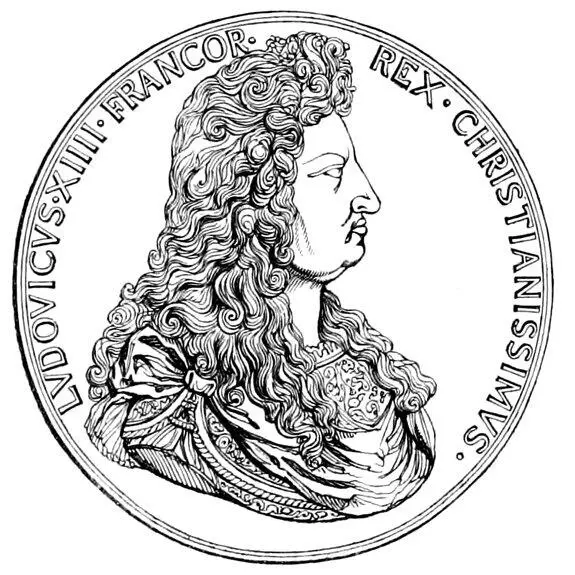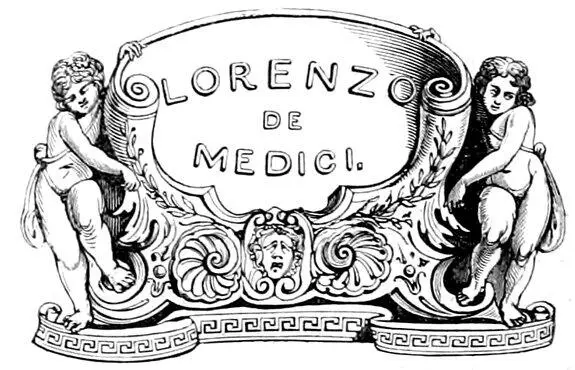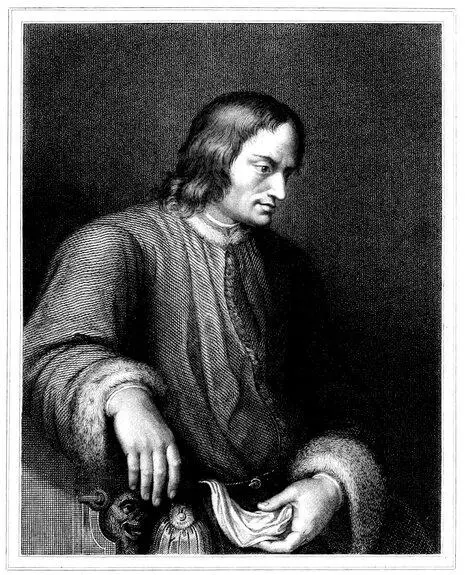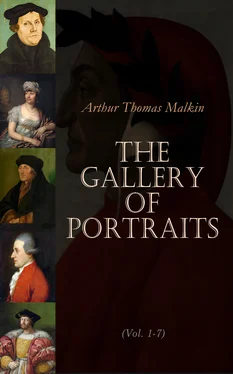The controversial writings of Bossuet deserve more regard than either his History or his Orations, if the importance of a book is to be measured by the extent and permanency of its effects. The Exposition of the Doctrines of the Roman Catholic Church, one of the shortest, but perhaps the most notable, of his theological works, was published under circumstances which gave occasion to a story of mysterious suppression and alteration. But a more serious charge has been brought against the author, of having deliberately misrepresented the doctrines of his Church, in order to entrap the Protestants. So grave an accusation ought not to be lightly entertained; and though suspicion is excited by symptoms of disingenuous management in the controversy, to which the publication gave birth; and though it appears to be demonstrable that the Roman Catholic religion, as commonly professed, and that many of its doctrines, as expressed or implied in some of its authorised formularies, differ essentially from the picture which Bossuet has drawn, yet it should at least be remembered that the book itself was eventually, though tardily, sanctioned by the highest authority in the Church. It is possible that Bossuet may by his Exposition have converted many beside Turenne; but there can be no doubt that he has wrought an extensive, though a less obvious, change within the bosom of his own Church. The high authority of his name would give currency to his opinions on any subject connected with religion; and many sincere Roman Catholics, who had felt the objections urged against certain practices and dogmas of their own Church, would rejoice to find, on the authority of Bossuet, that they were not obliged to own them.
The charge of insincerity has been extended beyond the particular instance to the general character of the Bishop; and it has been asserted that he held, in secret, opinions inconsistent with those which he publicly professed. This charge, which is destitute of all proof, seems to have been the joint invention of over-zealous Protestants and pretended philosophers.
Enough has been shown to justify us in supposing that he was not one of those rare characters which can break loose from all the obstacles that oppose themselves to the simple love and uncompromising search of truth. Some men, like his illustrious countryman Du Pin, struggle to be free. It should seem that Bossuet, if circumstances fettered him, would not be conscious of his thraldom; that he would exert all the energies of his powerful mind, not to escape from his prison, but to render it a tenable fortress, or a commodious dwelling. It would be foolish and unjust to infer from this that he would persevere through life in deliberately maintaining what he had discovered to be false, on the most momentous of all subjects.
A complete catalogue of his works may be found at the end of the Life of Bossuet in the Biographie Universelle. The Life itself, which is obviously written by a partial friend, contains much information in a small compass. The affair of Quietism, and the contest between Bossuet and Fenelon, are minutely detailed with great accuracy in the Life of Fenelon by the Cardinal de Bausset, whose impartiality seems to have been secured by the profound veneration which he entertained for each of the combatants, though the impression left on the reader’s mind is not favourable to the character of Bossuet.


Table of Contents
Among the genealogists who wasted their ingenuity to fabricate an imposing pedigree for Lorenzo de Medici, some pretended to derive his origin from the paladins of Charlemagne, and others to trace it to the eleventh century. But it is well ascertained that his ancestors only emerged from the inferior orders of the people of Florence in the course of the fourteenth century, when, by engaging in great commercial speculations, and by signalizing themselves as partisans of the populace of that republic, they speedily acquired considerable wealth and political importance.
Giovanni di Bicci, his great grandfather, may be regarded as the first illustrious personage of the family, and as the author of that crafty system of policy, mainly founded on affability and liberality, by which his posterity sprung rapidly to overwhelming greatness. By an assiduous application to trade he made vast additions to his paternal inheritance; by flattering the passions of the lowest classes he obtained the highest dignities in the state. He died in 1428, deeply regretted by his party, and leaving two sons, Cosmo and Lorenzo, from the latter of whom descended the Grand Dukes of Tuscany.
Cosmo was nearly forty when he succeeded to the riches and popularity of his father; and he had not only conducted for several years a commercial establishment which held counting-houses in all the principal cities of Europe and in the Levant, but had also participated in the weightier concerns of government. The form of the Florentine constitution was then democratical: the nobility had been long excluded from the administration of the republic; and the citizens, though divided into twenty-one guilds, or corporations of arts and trades, from seven of which alone the magistracy were chosen, had, however, an equal share in the nomination of the magistrates, who were changed every two months. The lower corporations, owing principally to the manœuvres of Salvestro de Medici, had risen in 1378 against the higher, demanding a still more complete equality, and had taken the direction of the commonwealth into their own hands; but after having raised a carder of wool to the supreme power, and involved themselves in the evils of anarchy, convinced at last of their own incapacity, they had again submitted to the wiser guidance of that kind of burgher-aristocracy which they had subverted; and that party, headed by the Albizzi and some other families of distinction, had, ever since 1382, governed the state with unexampled happiness and glory. The republic had been aggrandized by the important acquisition of Leghorn, Pisa, Arezzo, and other Tuscan cities; its agriculture was in the most prosperous condition; its commerce had received a prodigious developement; its decided superiority in the cultivation of literature, the sciences, and the arts, had placed it foremost in the career of European civilization; and its generous but wise external policy had constituted it as the guardian of the liberties of Italy.

Engraved by C. E. Wagstaff. LORENZO DE MEDICI. From a Print by Raffaelle Morghen, after a Picture by G. Vasari. Under the Superintendance of the Society for the Diffusion of Useful Knowledge. London. Published by Charles Knight, Pall Mall East.
To this beneficent administration the aspiring Cosmo had long offered a troublesome opposition; and he now succeeded in ensnaring it into a ruinous war with Lucca, by which he obtained the double object of destroying its popularity, and of employing considerable sums of money with unusual profit. But the reverses of the republic were attributed to a treasonable correspondence between him and the enemy, and in 1433 he was seized and condemned to ten years’ banishment, having averted capital punishment by a timely bribe. The absence of a citizen who spent more than a great king in acts of piety, benevolence, and liberality, was, however, severely felt in the small city of Florence, and the intelligence of the honours he received everywhere in his exile raised him still more in public estimation. The number of his friends increased, indeed, so rapidly, that at the September elections in the following year they completely defeated the ruling party, and chose a set of magistrates by whom he was immediately recalled. This event, erroneously considered as a victory of the people over an aristocracy, was, properly speaking, a triumph of the populace over the more educated classes of the community, and it proved fatal to the republic. Placed by fame, wealth, and talent, at an immeasurable elevation above the obscure materials of his faction, from the moment of his return to that of his death, August, 1464, Cosmo exercised such an influence in the state, that, though he seldom filled any ostensible office, he governed it with absolute authority by means of persons wholly subservient to his will. But, under the pretence of maintaining peace and tranquillity, he superseded its free institutions by a junto invested with dictatorial power; he caused an alarming number of the most respectable citizens to be banished, ruined by confiscation, or even put to death, on the slightest suspicion that by their wealth or connexions they might oppose his schemes of ambition; and he laboured with indefatigable zeal to enslave his own confiding countrymen, not only by spreading secret corruption at home, but also by changing the foreign policy of his predecessors, and helping his great friend, Francesco Sforza, and other usurpers, to crush the liberties of neighbouring states.
Читать дальше















